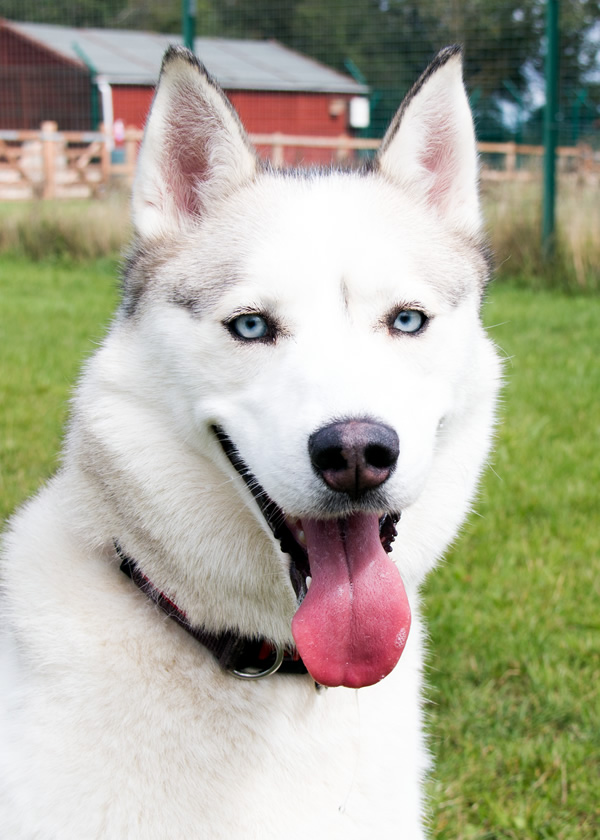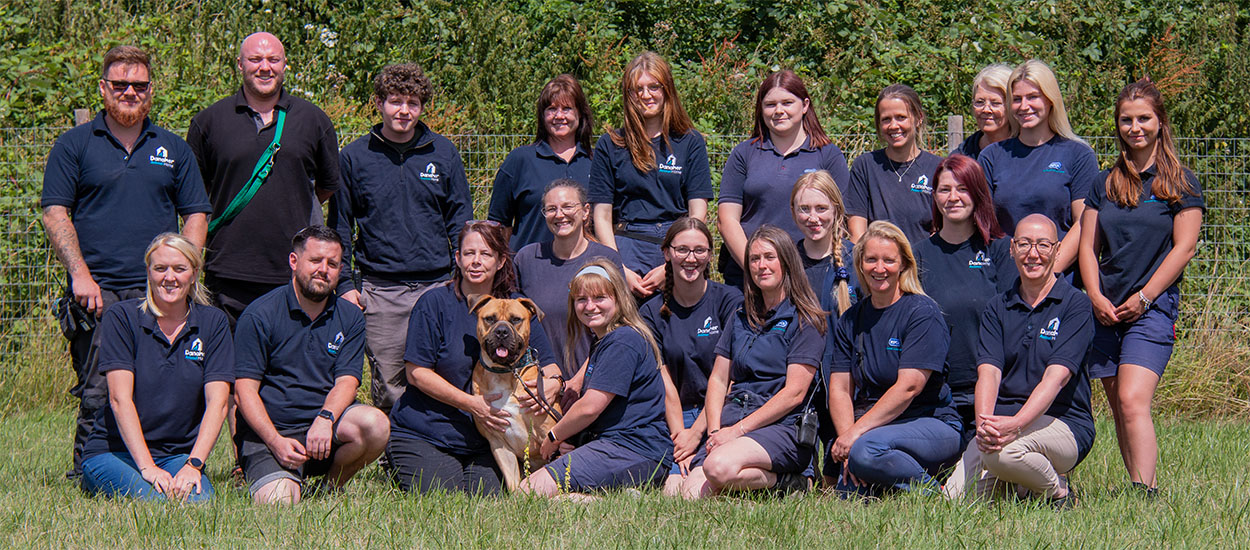How We Rehome
After going through our assessment process, animals deemed suitable for rehoming will be cared for as long as necessary to find the right forever home.
We may utilise other rehoming centres within the RSPCA to help us do so.
Danaher does not impose time limits on any of our animals and, while our average length of time from intake to rehoming is two months, the process can be as short as a few weeks or as long as several months.
Although animals with medical and behaviour conditions can take much longer to rehome, provided we can keep them content and comfortable (in line with our expert veterinary advice), we always work hard to find them new homes.
In some cases, we are able to place such animals in foster homes.
To meet our goal of placing our animals in loving, responsible and secure households, where possible we undertake home visits, ask all members of the household visit us to meet the animal, and check the welfare (including vaccination and neuter status) of any existing pets.
We ensure that every animal rehomed is neutered, microchipped, vaccinated, and free from parasites.
Exceptions may occur if, to carry out such measures, would directly contradict current veterinary advice.
We endeavour to work towards a world in which no rehomable animal is euthanised.
However, where problems persist and we are unable to meet an animal’s welfare needs and/or we cannot be confident of rehoming them safely and responsibly then, with great reluctance, we also accept that it sometimes may be in the animal’s best interests for it to be put to sleep.
Such decisions are never taken lightly and take into account circumstances affecting the welfare of the animal at the time and our best assessment of the future.
Decisions such as these are always based on a full veterinary and behavioural evaluation and consultation with relevant team members.
Please refer to our full euthanasia policy for further information.
On occasion, we may be asked by the courts to take action if, for example, a dog is determined to be on the list of breeds banned in the UK, or if a dog poses an immediate threat to the safety of the public, the police or other responsible person.
In such cases, the court may order that the animal be lawfully destroyed.
If we suspect an animal in our care falls into the category of banned breeds, we are legally obliged to inform the police.



